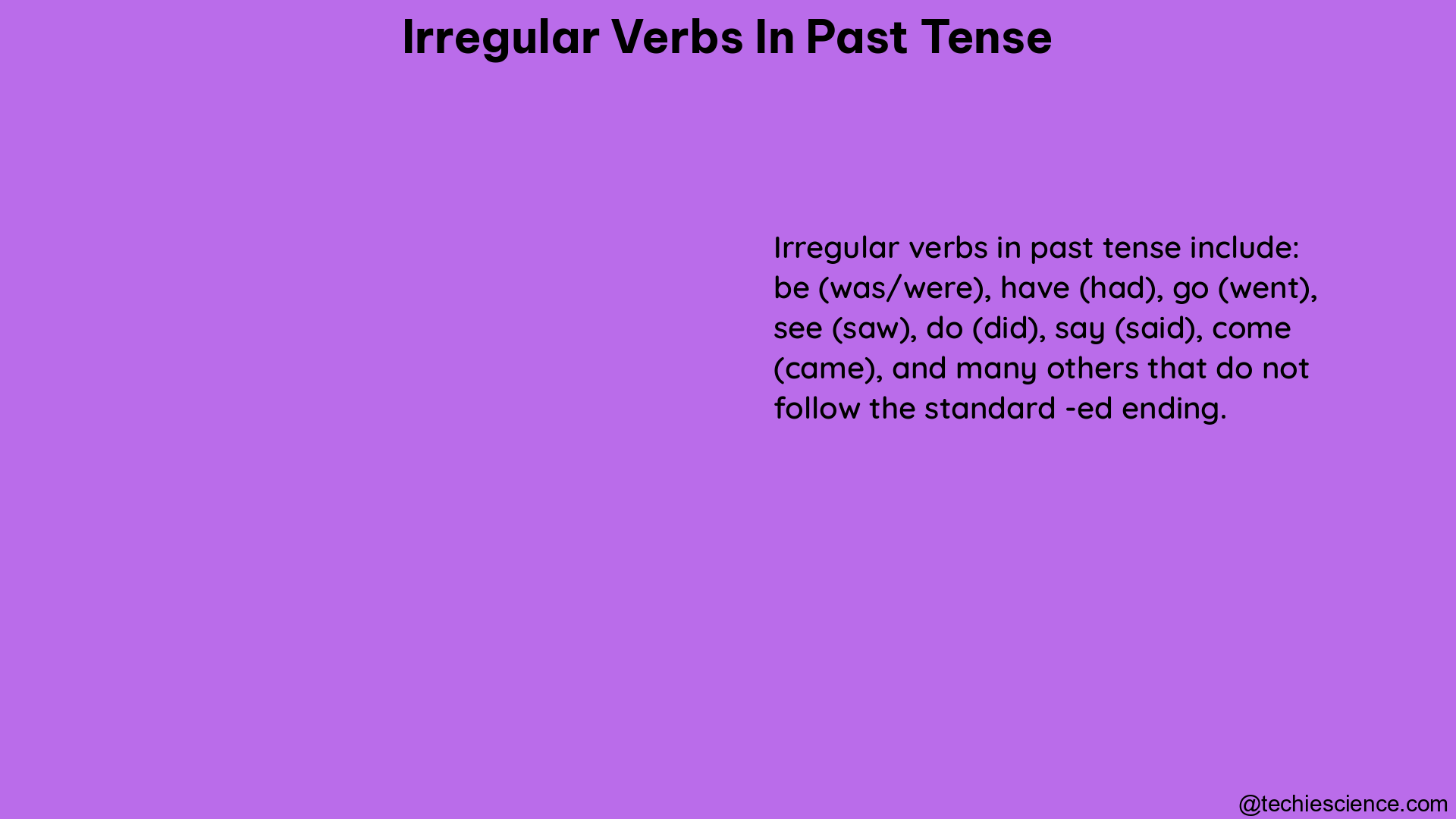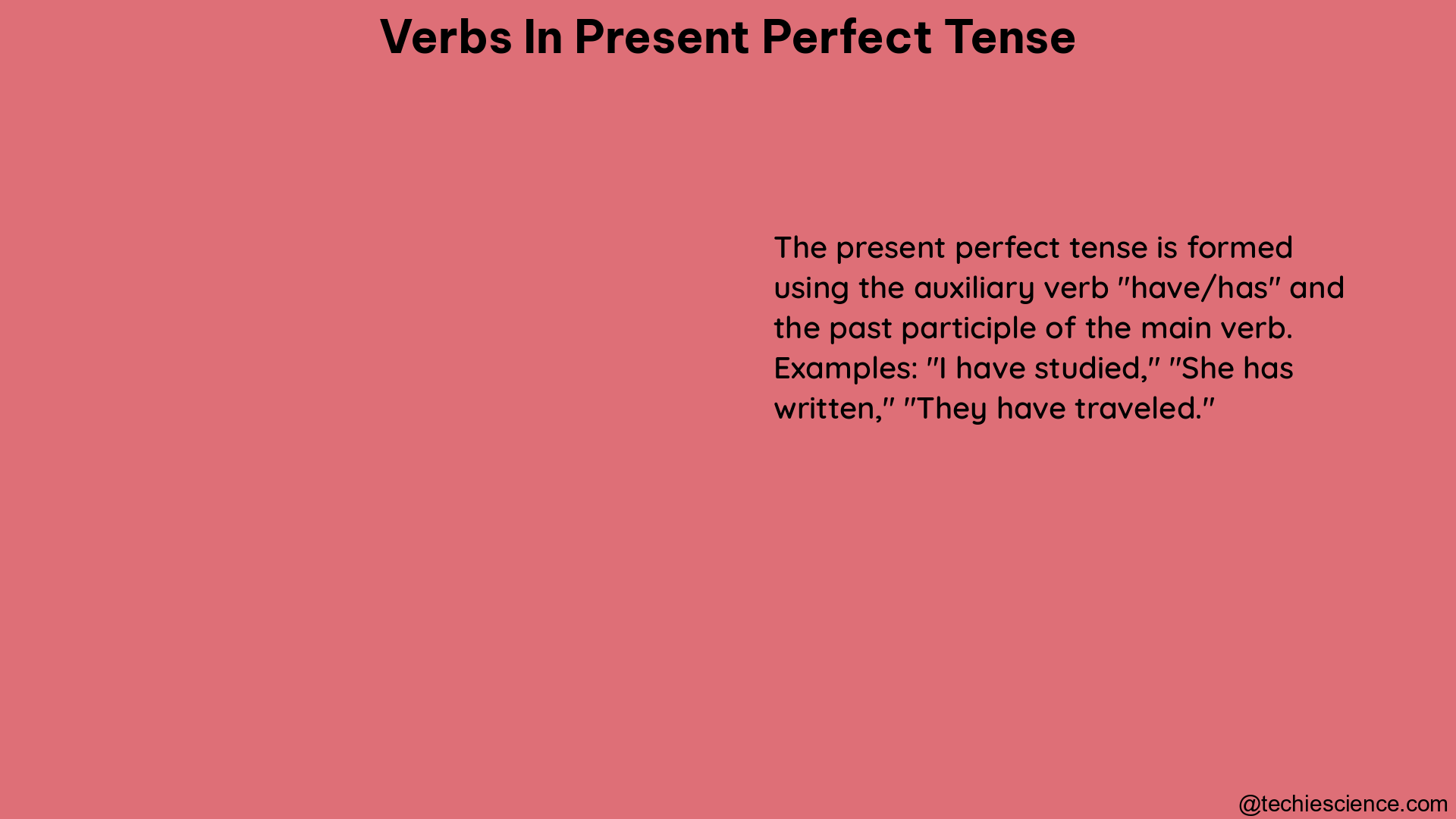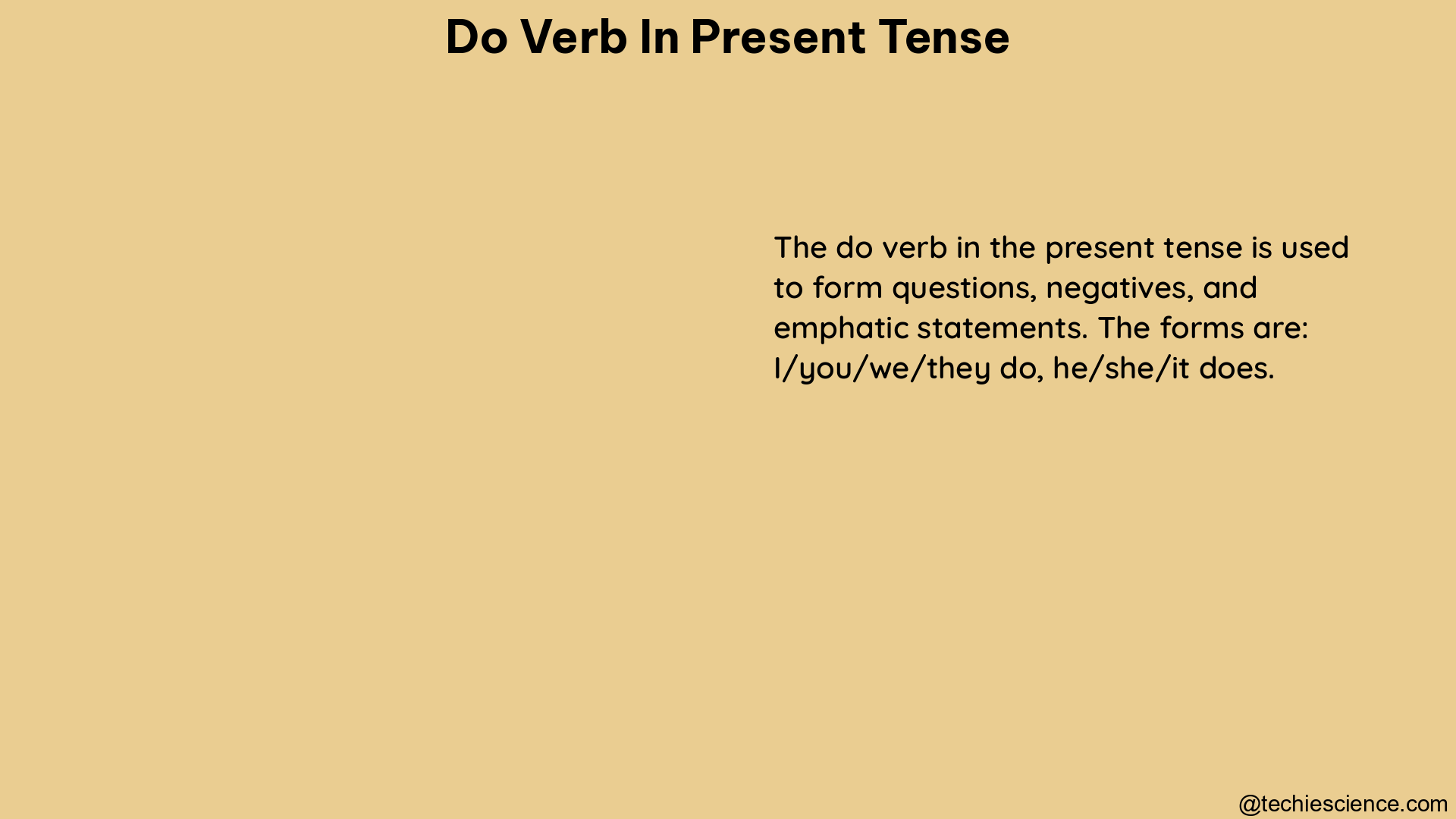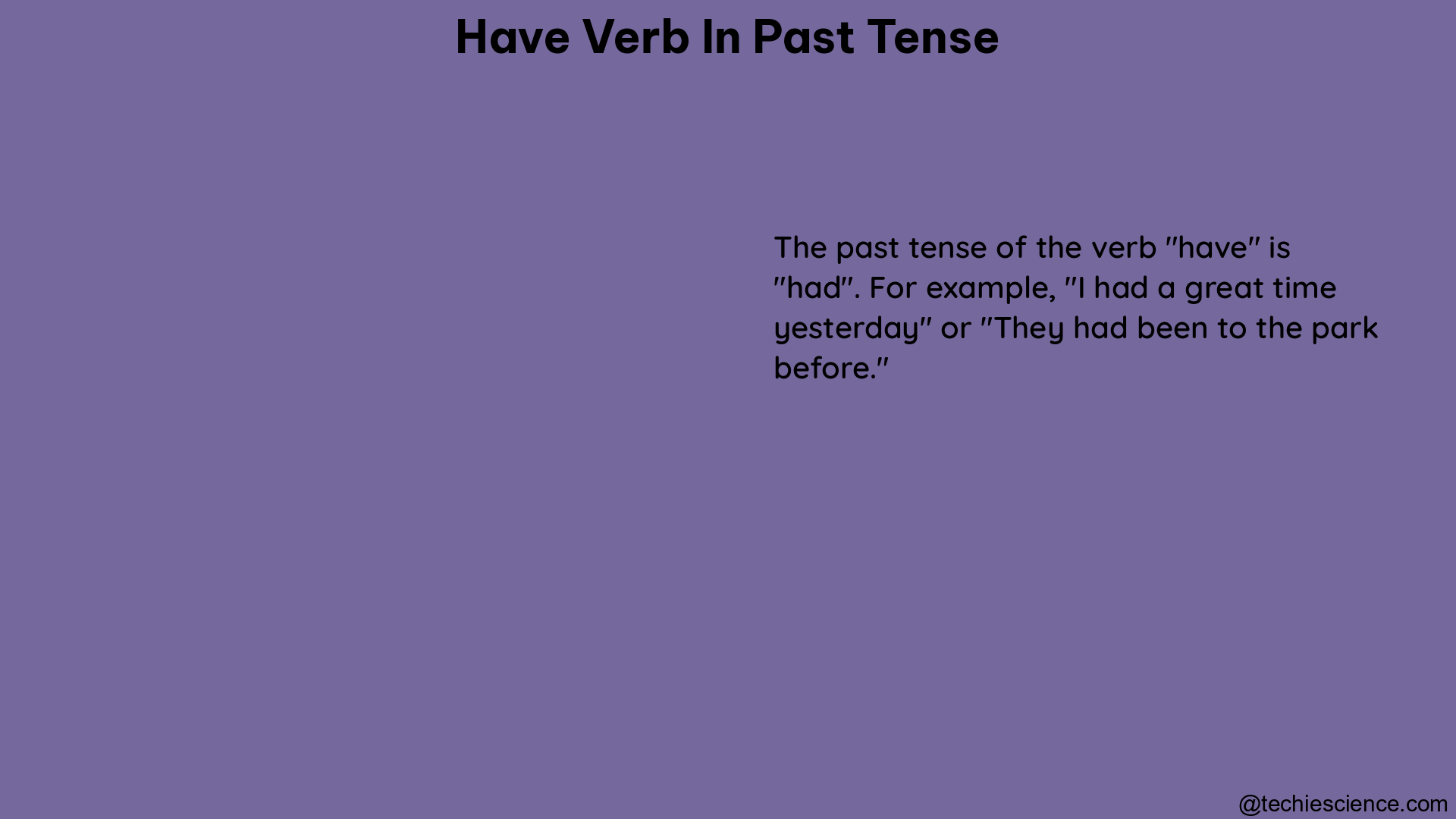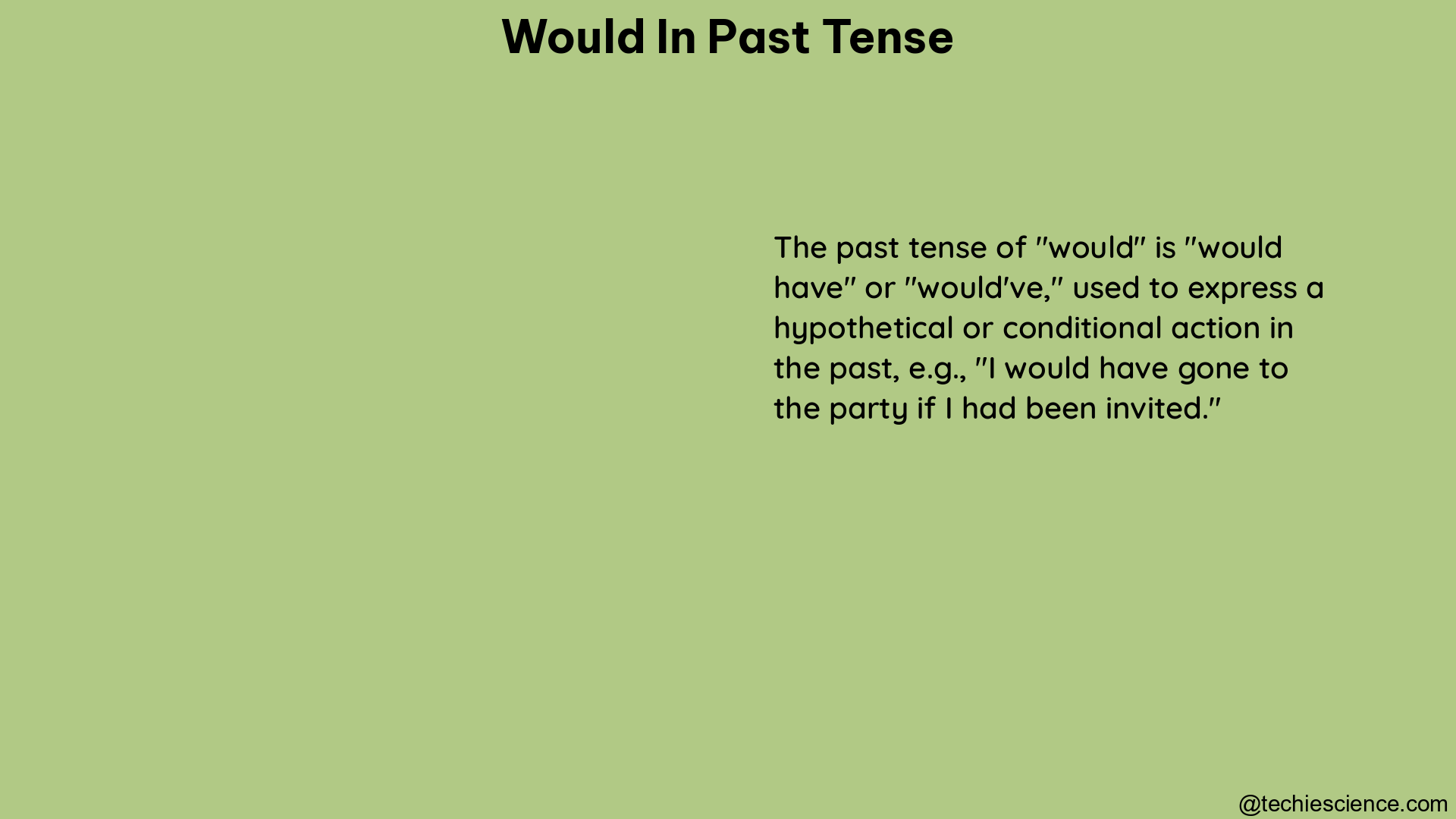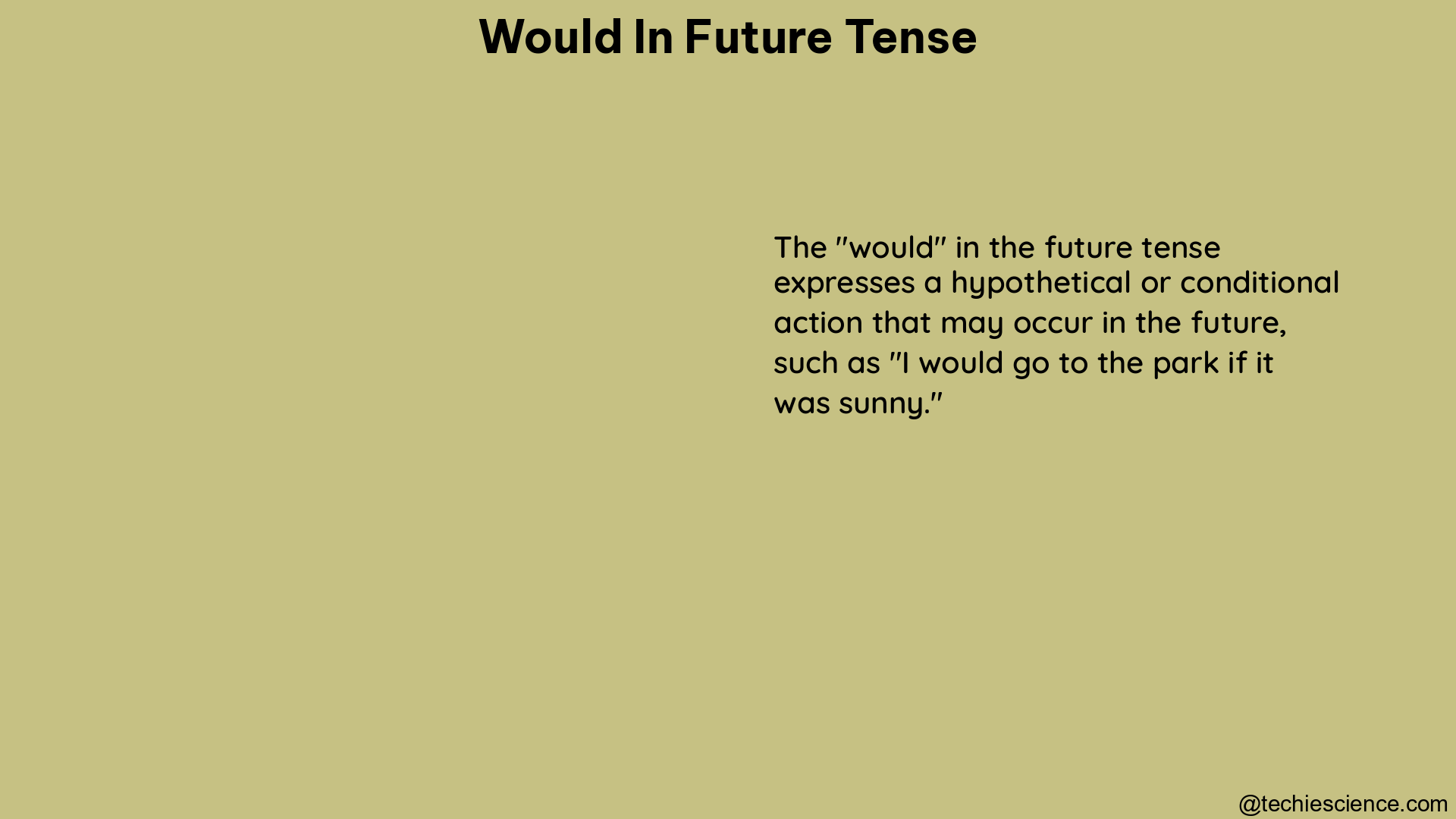Adjectives are a fundamental part of speech in the English language, and they play a crucial role in describing the characteristics, qualities, or states of nouns and pronouns. One particular type of adjective is the predicate adjective, which follows a linking verb and modifies the subject of a sentence. In this comprehensive guide, we will delve into the intricacies of predicate adjectives, their identification, and their importance in sentence structure.
Understanding Predicate Adjectives
A predicate adjective is an adjective that follows a linking verb and describes the subject of a sentence. These linking verbs are often referred to as “state of being” verbs, as they do not express action but rather a state or condition. The most common linking verbs include:
- To be: am, is, are, was, were
- Sense verbs: feel, look, smell, taste, sound
- Status verbs: appear, become, continue, grow, seem, turn
When a predicate adjective follows one of these linking verbs, it provides additional information about the subject, clarifying its characteristics, qualities, or state. This helps to create a more vivid and descriptive sentence.
Examples of Predicate Adjectives
Let’s examine some examples to better understand the role of predicate adjectives:
- Jack is great.
-
The linking verb is “is,” and the predicate adjective is “great,” describing the subject “Jack.”
-
Lee seems drunk.
-
The linking verb is “seems,” and the predicate adjective is “drunk,” describing the subject “Lee.”
-
Everything is funny.
-
The linking verb is “is,” and the predicate adjective is “funny,” describing the subject “everything.”
-
You look good.
- The linking verb is “look,” and the predicate adjective is “good,” describing the subject “you.”
In each of these examples, the predicate adjective follows the linking verb and provides additional information about the subject, enhancing the overall meaning and clarity of the sentence.
Identifying Predicate Adjectives
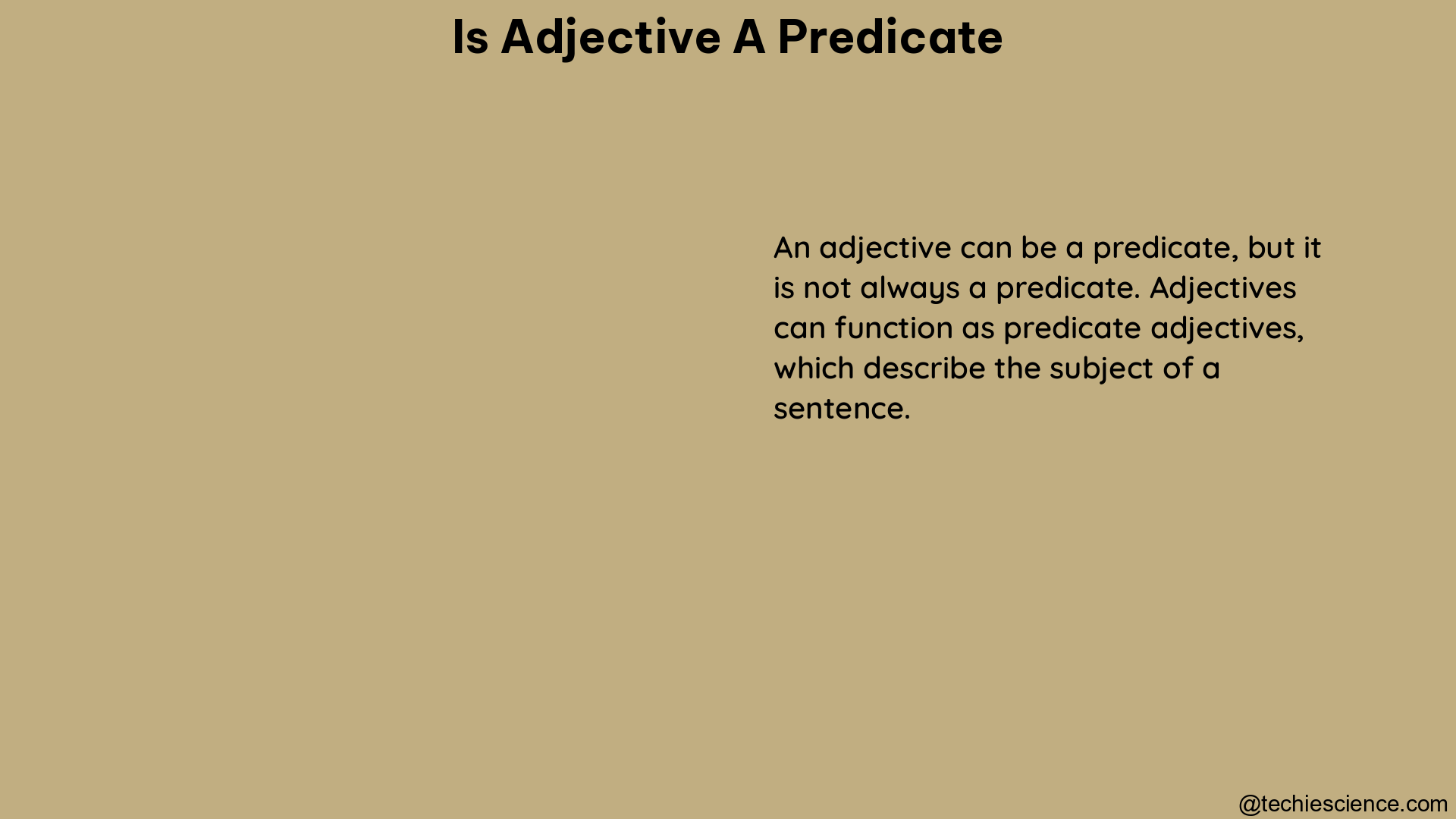
To identify predicate adjectives, you need to look for the presence of a linking verb in the sentence. Once you have identified the linking verb, the adjective that follows it is typically the predicate adjective.
Here are some examples to help you recognize predicate adjectives:
- The tree is tall.
-
The linking verb is “is,” and the predicate adjective is “tall,” describing the subject “the tree.”
-
The lion was hungry.
-
The linking verb is “was,” and the predicate adjective is “hungry,” describing the subject “the lion.”
-
The speaker grew upset.
- The linking verb is “grew,” and the predicate adjective is “upset,” describing the subject “the speaker.”
By focusing on the linking verbs and the adjectives that follow them, you can easily identify predicate adjectives within a sentence.
Importance of Predicate Adjectives
Predicate adjectives play a crucial role in enhancing the clarity and meaning of sentences. Here are some key reasons why they are important:
-
Providing Additional Information: Predicate adjectives offer more detailed information about the subject, helping to create a more vivid and descriptive sentence. This can lead to a better understanding of the subject’s characteristics, qualities, or state.
-
Distinguishing Adjectives and Adverbs: Predicate adjectives help to differentiate between adjectives and adverbs, ensuring that the correct form is used in a sentence. For instance, in the sentence “Your soup tastes bad,” the predicate adjective “bad” is used to describe the subject “soup,” whereas an adverb would be used to modify a verb.
-
Improving Sentence Structure: Predicate adjectives contribute to the overall structure and flow of a sentence, making it more coherent and easier to understand.
-
Enhancing Communication: By using predicate adjectives effectively, writers and speakers can convey their ideas more clearly and precisely, leading to better communication and understanding.
Conclusion
In summary, yes, an adjective can be a predicate. Predicate adjectives are a crucial component of sentence structure, as they follow linking verbs and provide additional information about the subject. By understanding the role and importance of predicate adjectives, you can enhance your writing and communication skills, ensuring that your sentences are clear, descriptive, and effectively convey your intended meaning.
References
- Grammar Monster. (n.d.). Predicate Adjectives: Explanation and Examples. Retrieved from https://www.grammar-monster.com/glossary/predicate_adjectives.htm
- Study.com. (n.d.). Predicate Adjective | Definition, List & Examples. Retrieved from https://study.com/academy/lesson/what-is-a-predicate-adjective-definition-examples.html
- YourDictionary. (n.d.). Predicate Adjectives: Meaning and Examples. Retrieved from https://www.yourdictionary.com/articles/predicate-adjective
